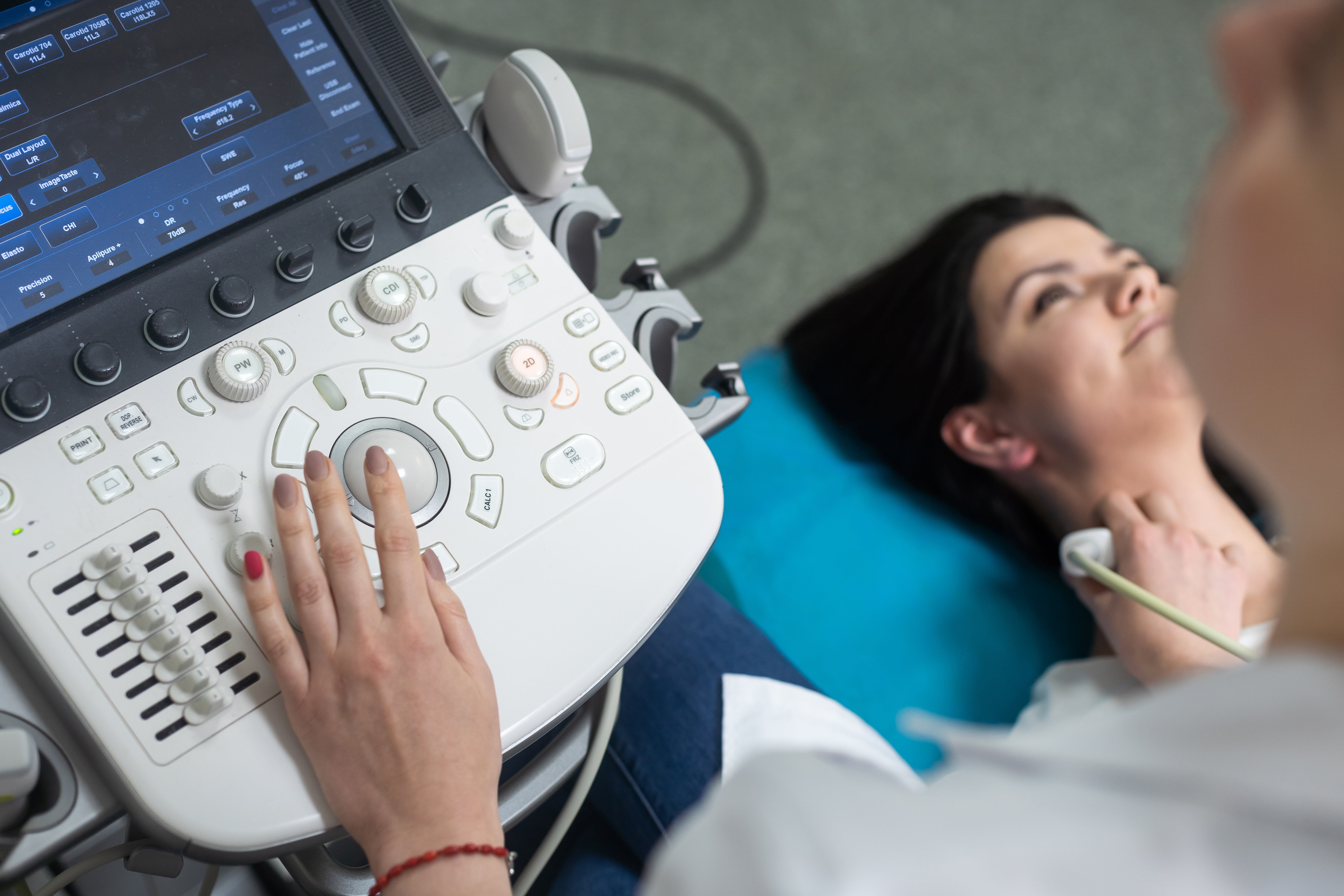14 Medical Conditions That Often Get Misdiagnosed as Anxiety
In the cacophony of modern life, anxiety has become a ubiquitous term, often used to describe a multitude of emotions and conditions. However, the complexity of the human mind and body means that symptoms commonly attributed to anxiety might, in fact, be indicative of other underlying medical conditions. This article embarks on a journey to uncover 14 eye-opening medical conditions that are frequently mistaken for anxiety. By delving into the nuances of these conditions, we aim to shed light on the importance of accurate diagnosis and the potential consequences of overlooking these often-misunderstood ailments. Understanding the distinction between anxiety and these conditions is not only crucial for effective treatment but also for the well-being of those who suffer in silence.
1. Hyperthyroidism: The Overactive Thyroid That Mimics Anxiety

Hyperthyroidism occurs when the thyroid gland produces excessive amounts of thyroid hormones, leading to an acceleration of the body's metabolism. This hyperactivity can manifest as symptoms that closely resemble anxiety, such as rapid heartbeat, sweating, irritability, and nervousness. Patients often report feeling on edge, with a sense of restlessness that mirrors anxiety disorders. However, unlike anxiety, hyperthyroidism can be diagnosed through blood tests measuring thyroid hormone levels. Understanding this distinction is vital, as untreated hyperthyroidism can lead to serious complications, including heart problems and bone loss. Proper diagnosis and treatment can alleviate symptoms, highlighting the importance of distinguishing between these two conditions.
2. Cardiac Arrhythmias: The Heart's Role in Anxiety-like Symptoms

Cardiac arrhythmias, or irregular heartbeats, can present with symptoms that are strikingly similar to anxiety attacks. Palpitations, dizziness, and shortness of breath are common complaints among those with arrhythmias, often leading to misdiagnosis. The sensation of a racing heart can be particularly alarming, causing individuals to assume they are experiencing anxiety. However, arrhythmias are a cardiac issue, requiring specific medical interventions. Electrocardiograms (ECGs) and other cardiac tests can help differentiate between anxiety and arrhythmias, ensuring patients receive appropriate care. Recognizing the heart's role in these symptoms is crucial for both mental and physical health, as untreated arrhythmias can pose significant health risks.
